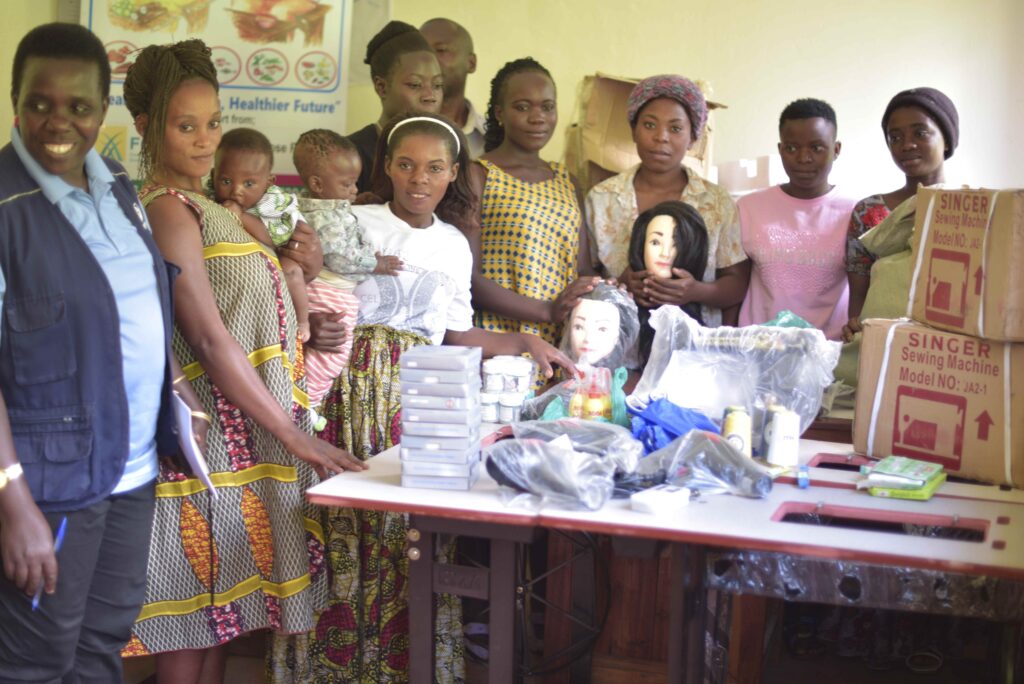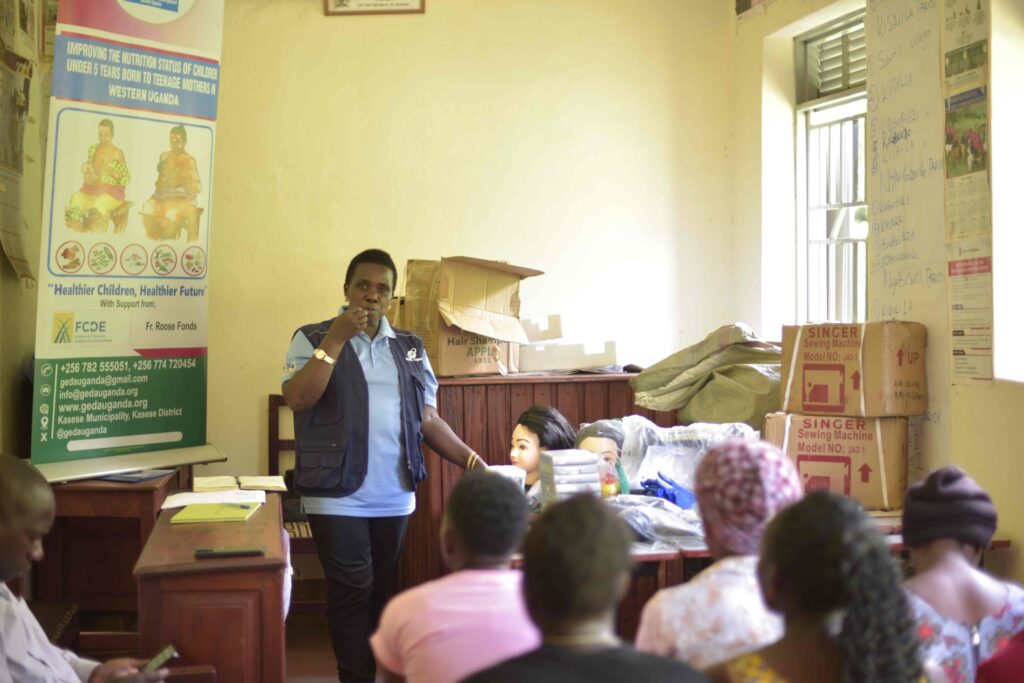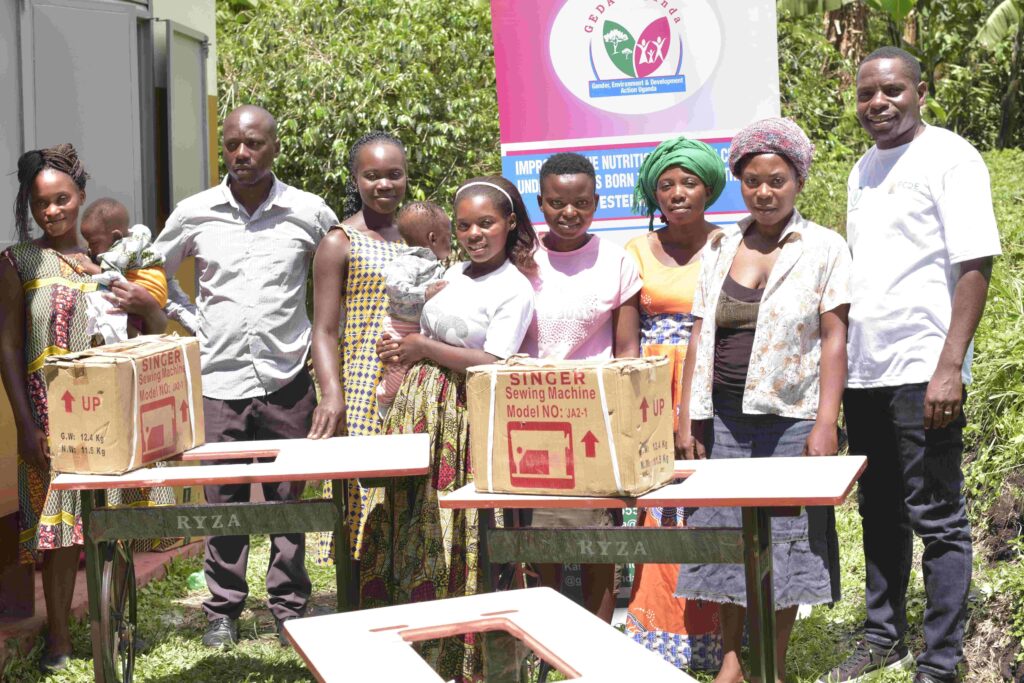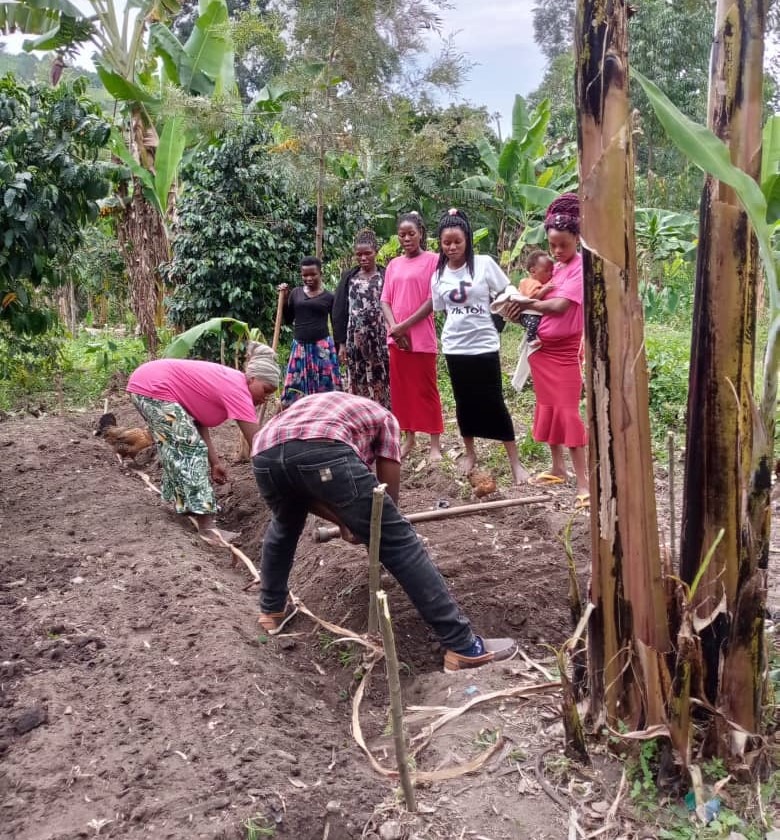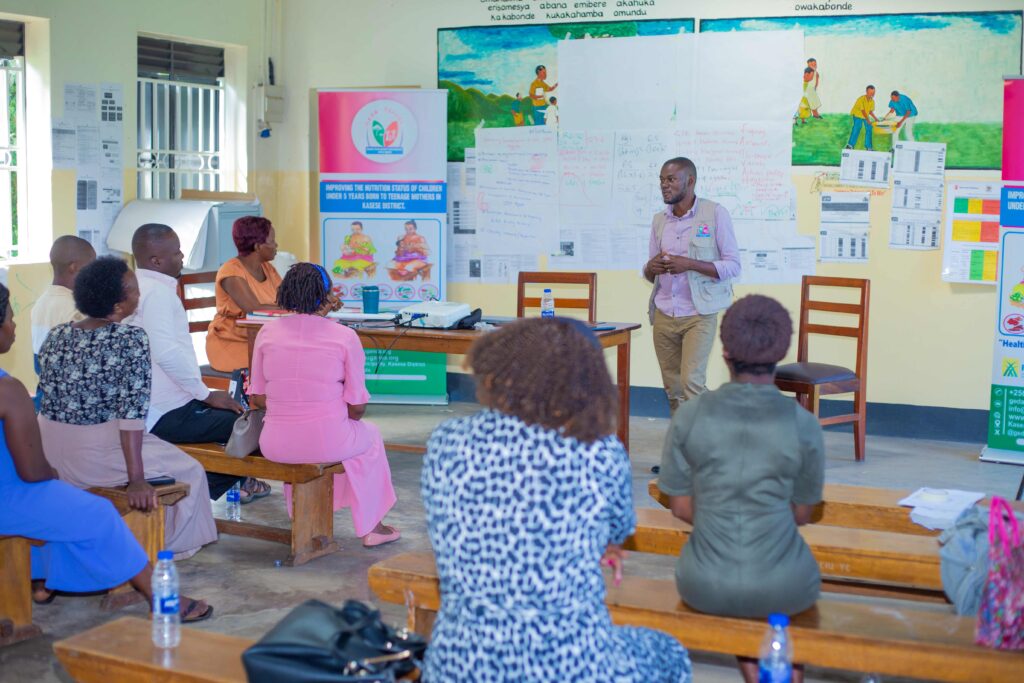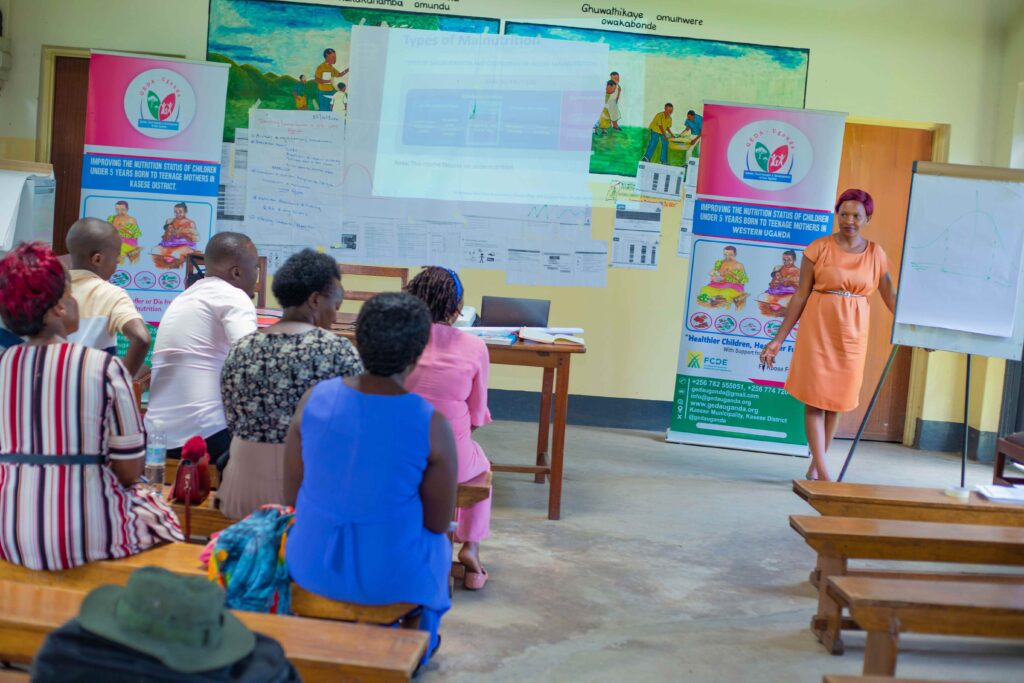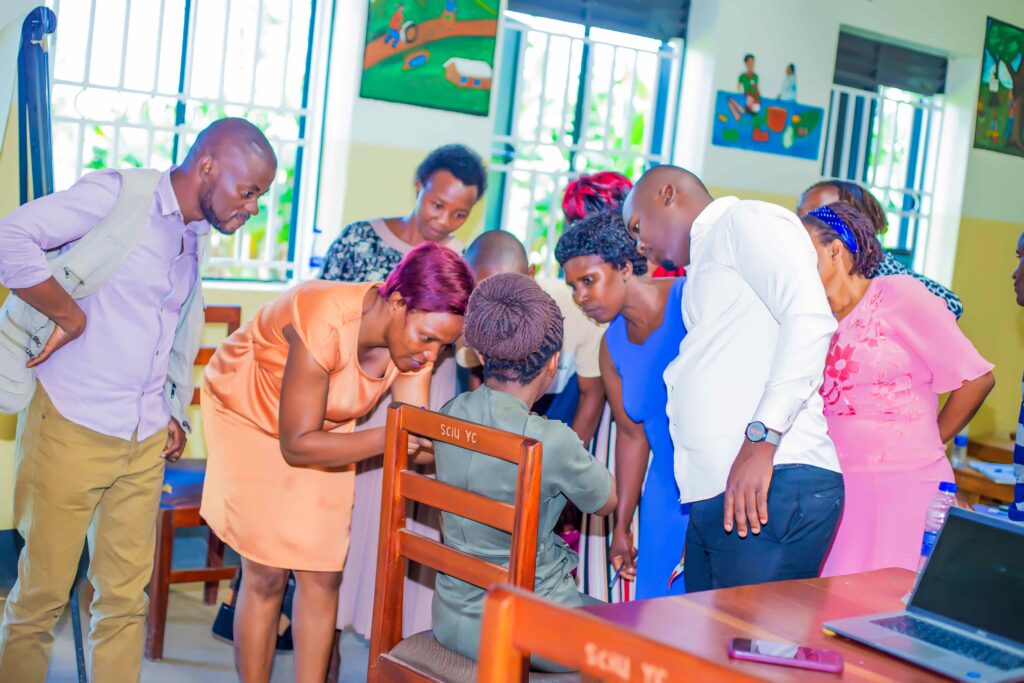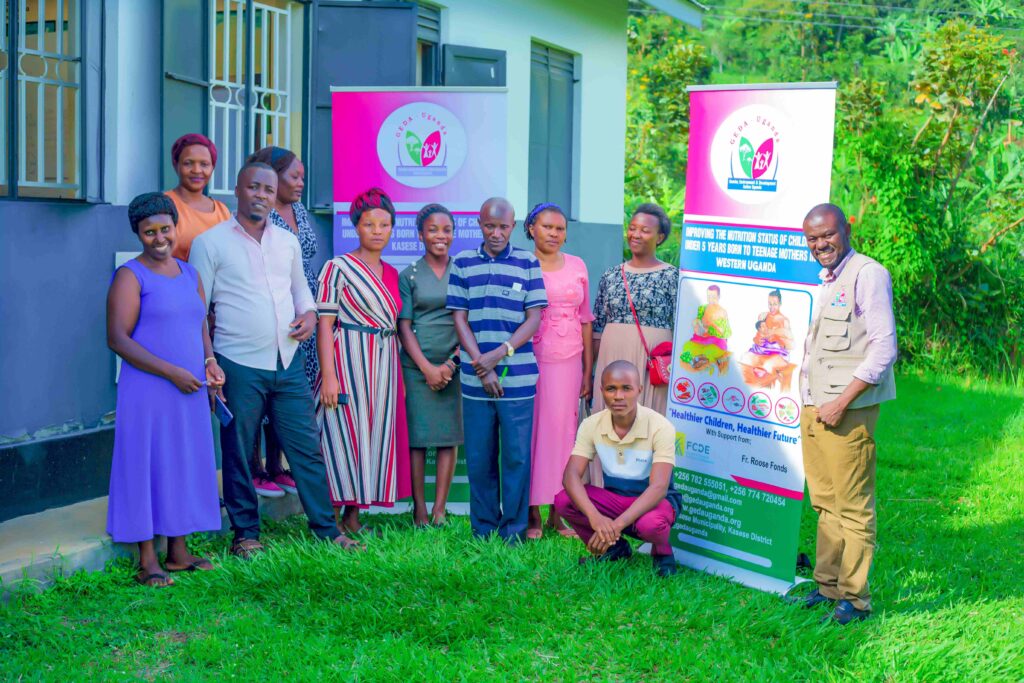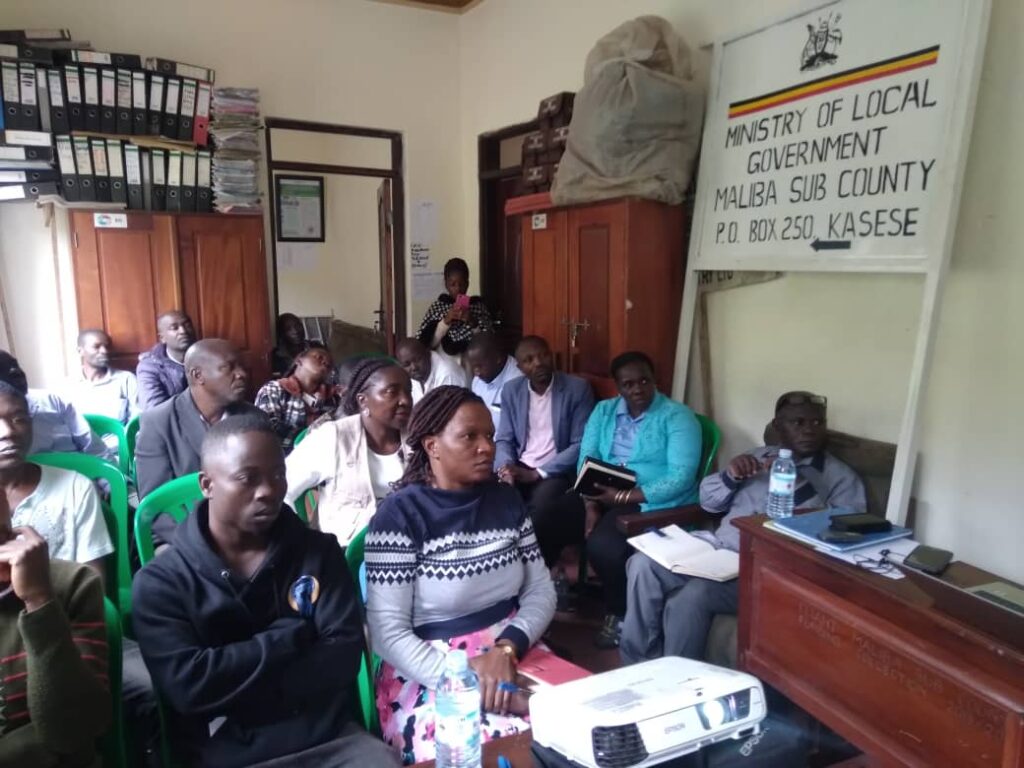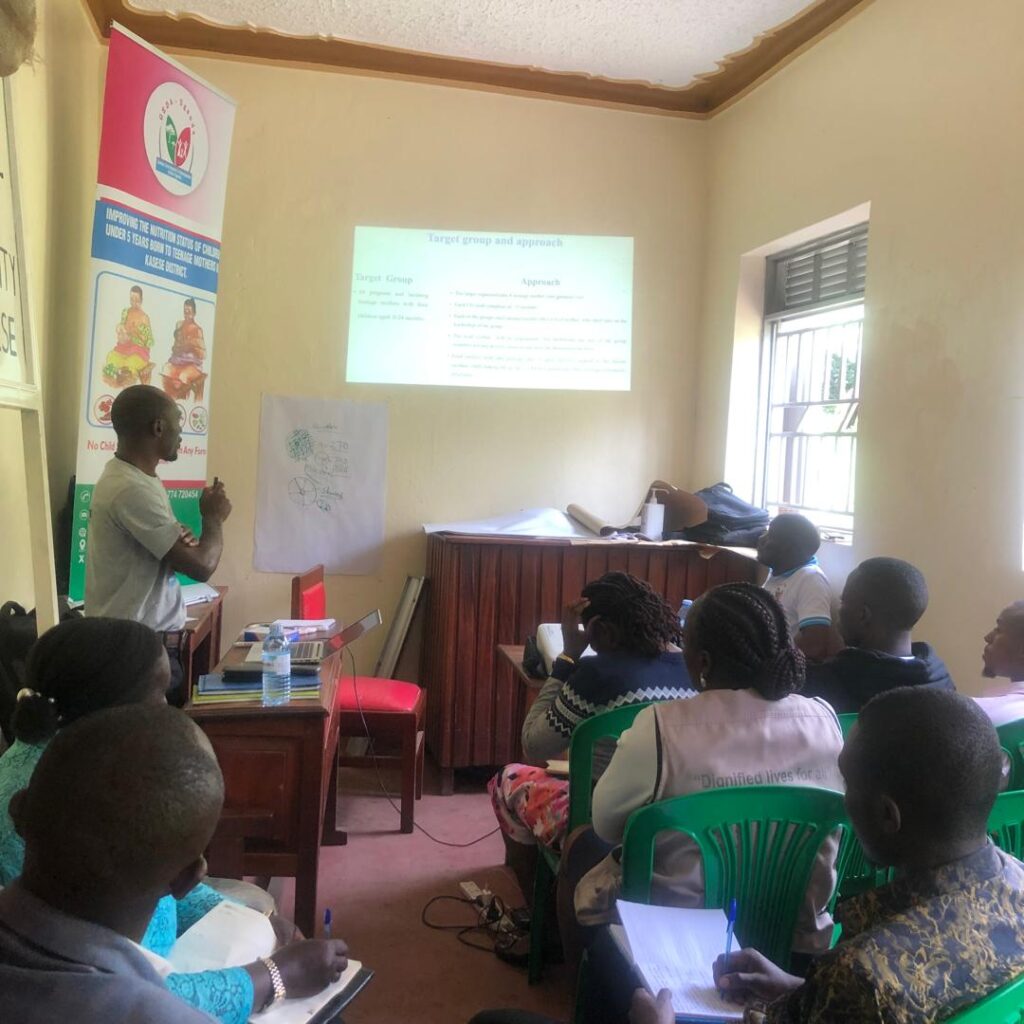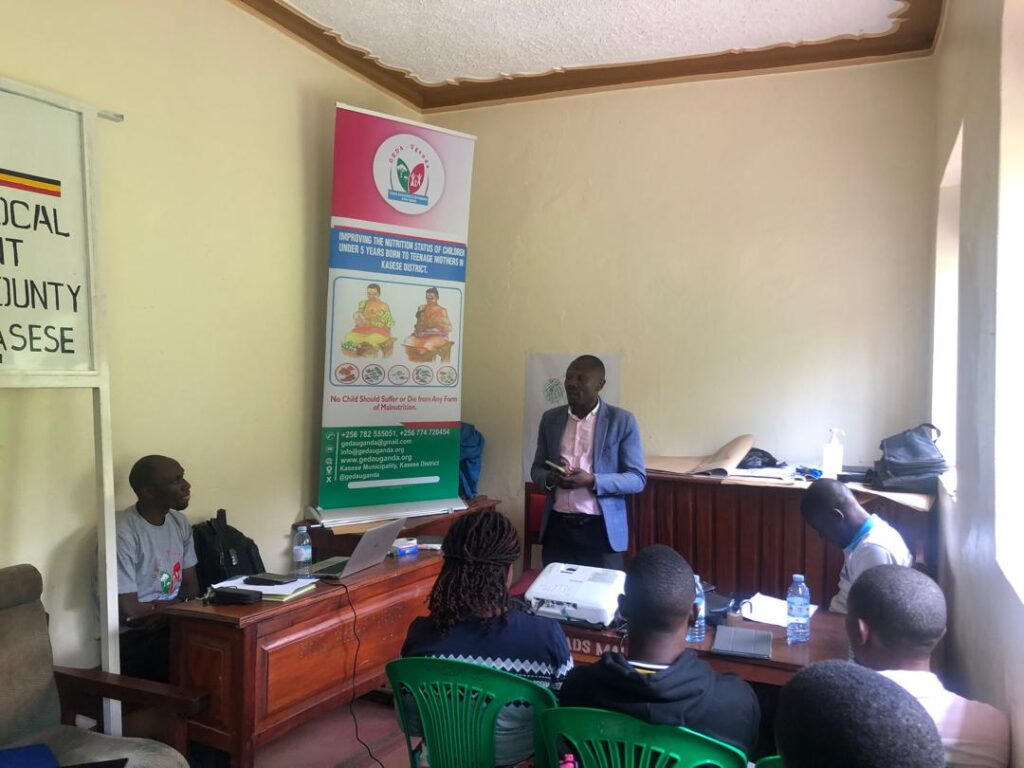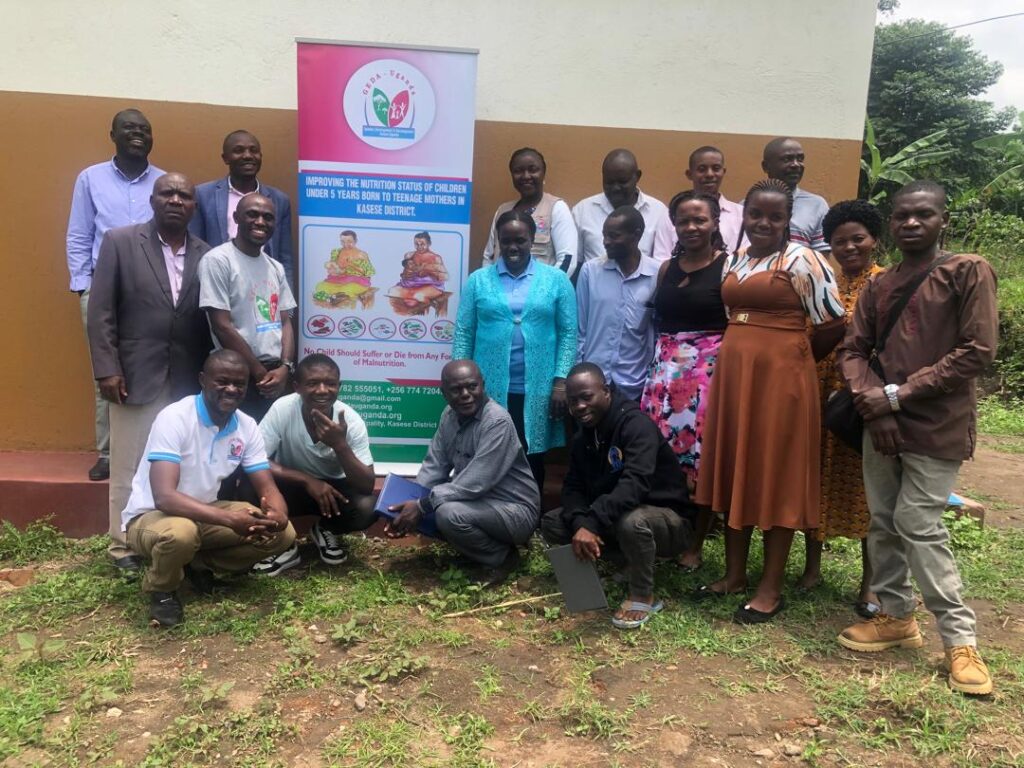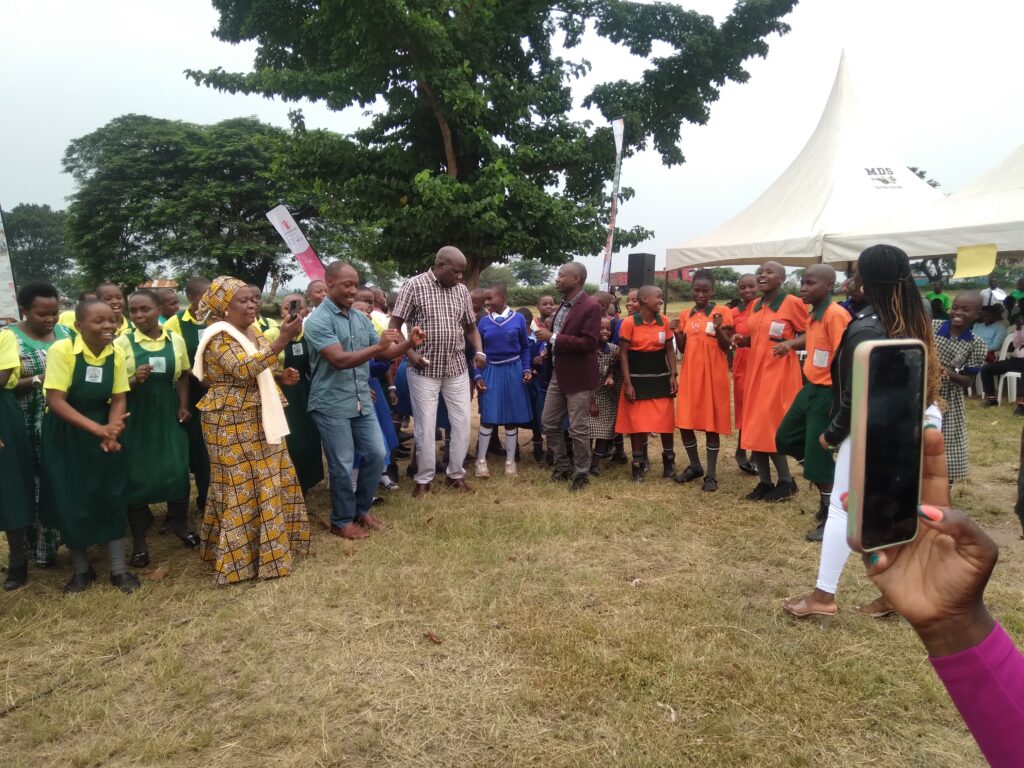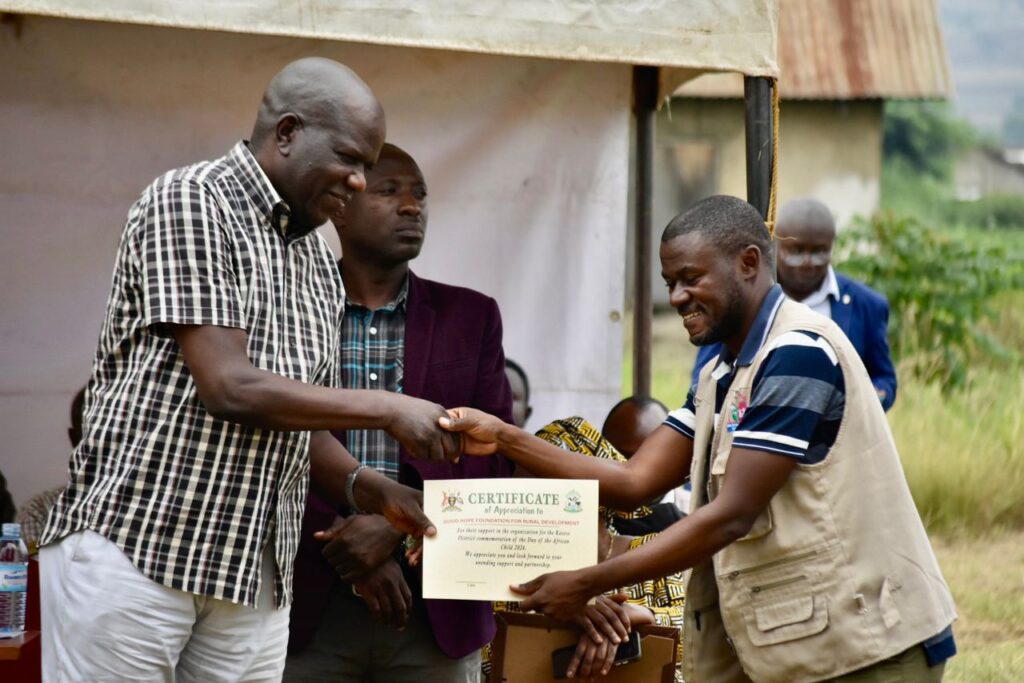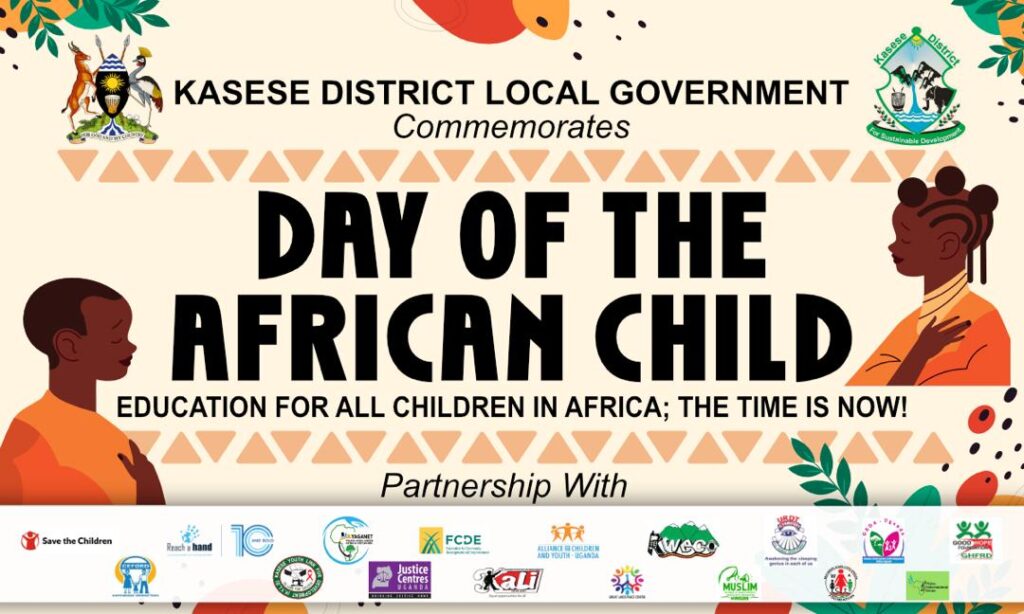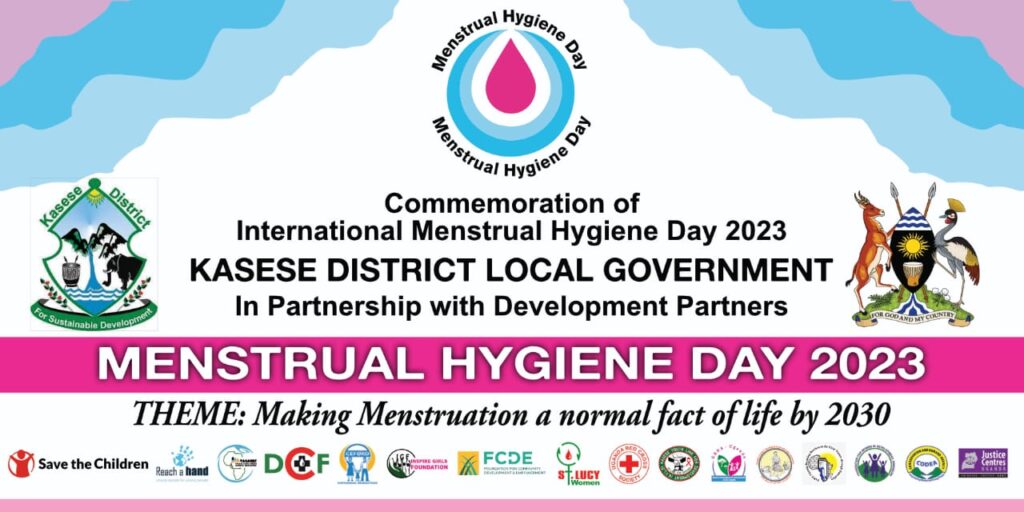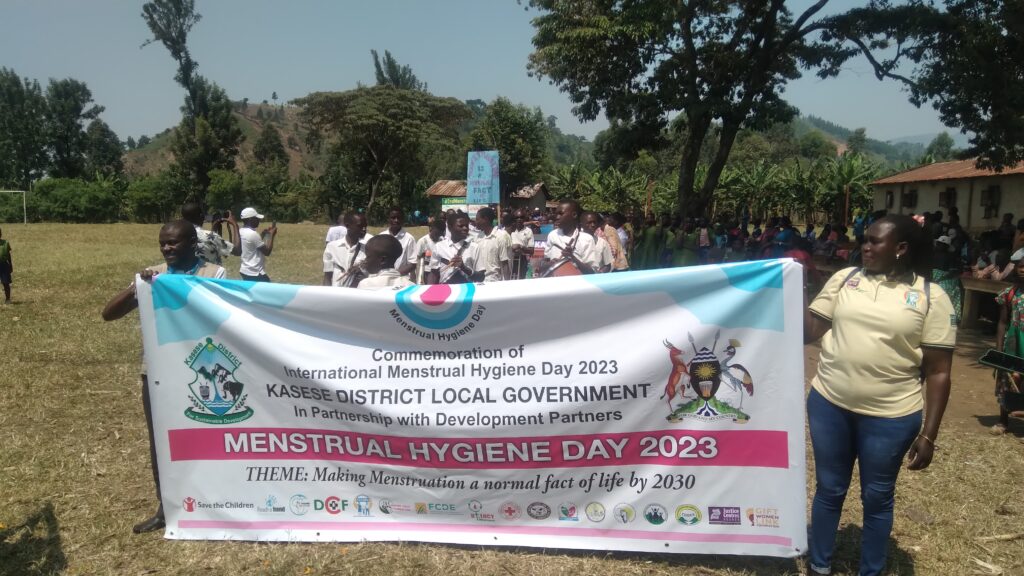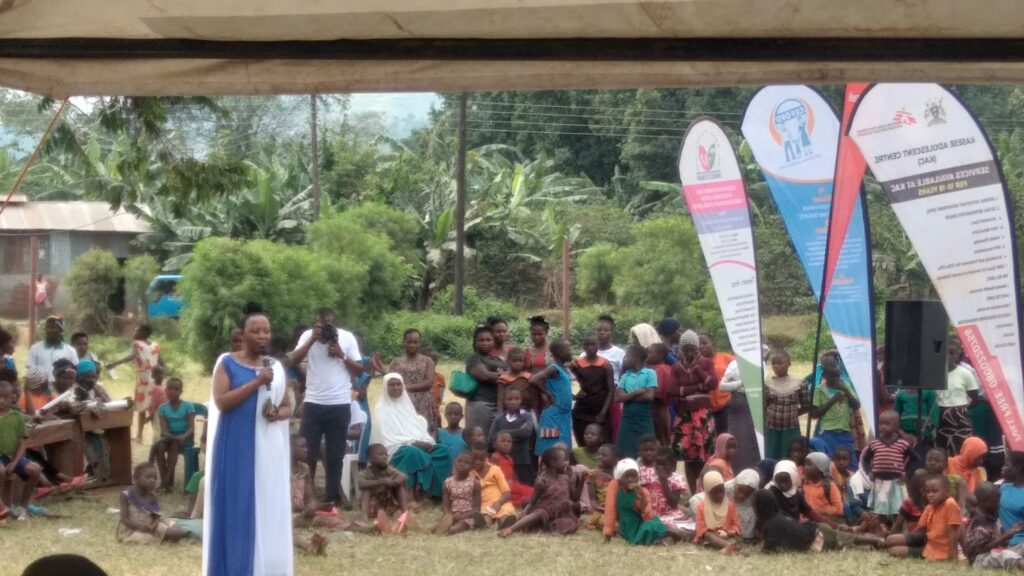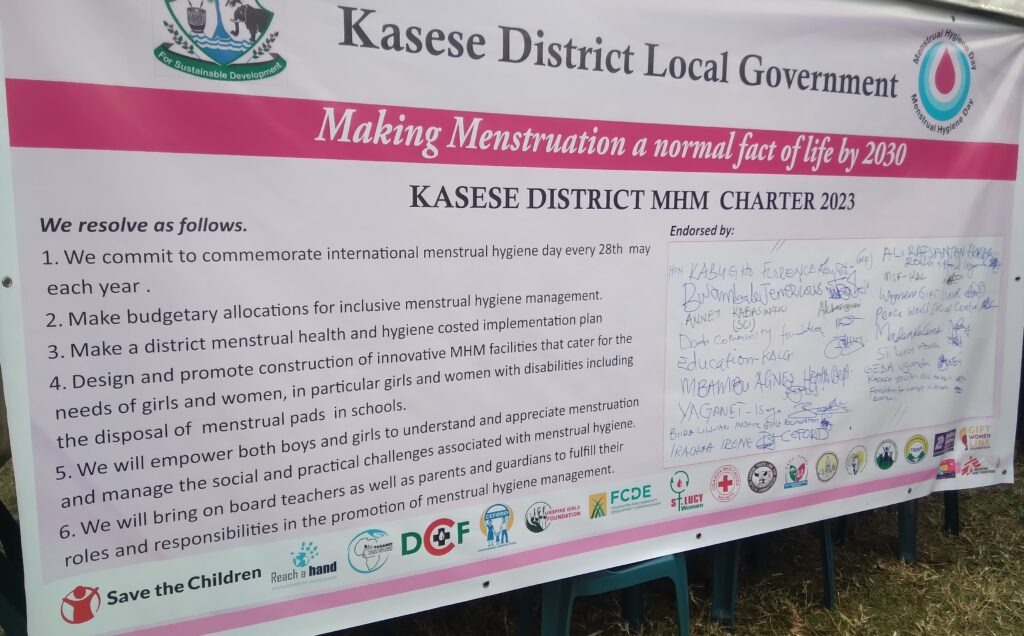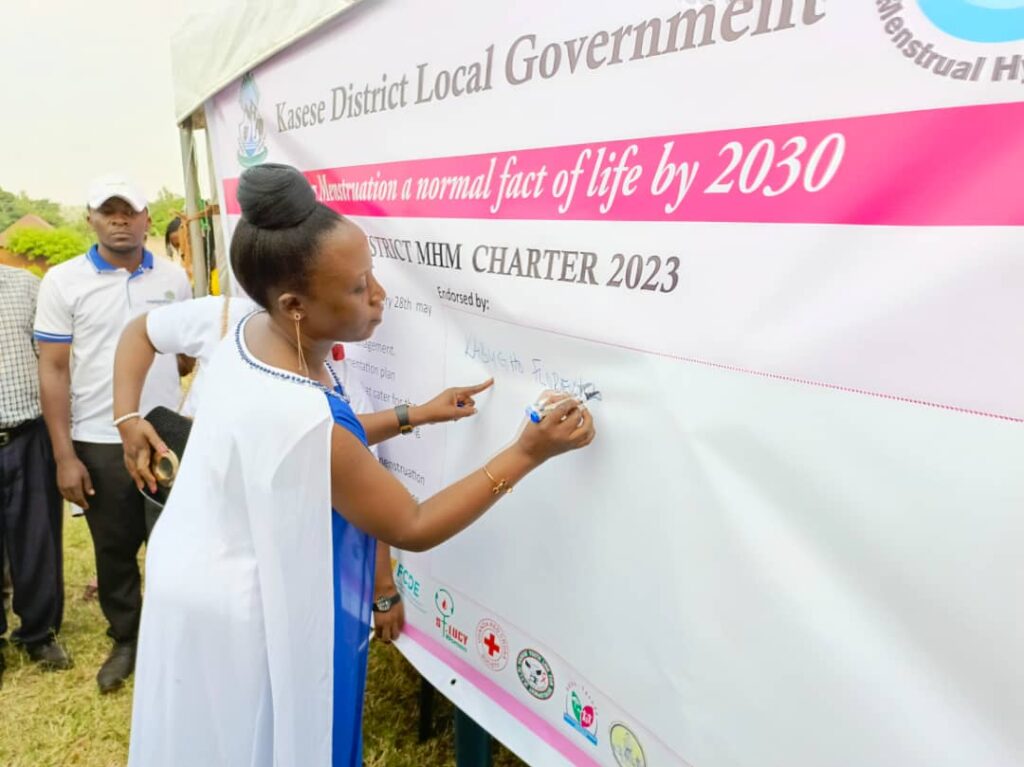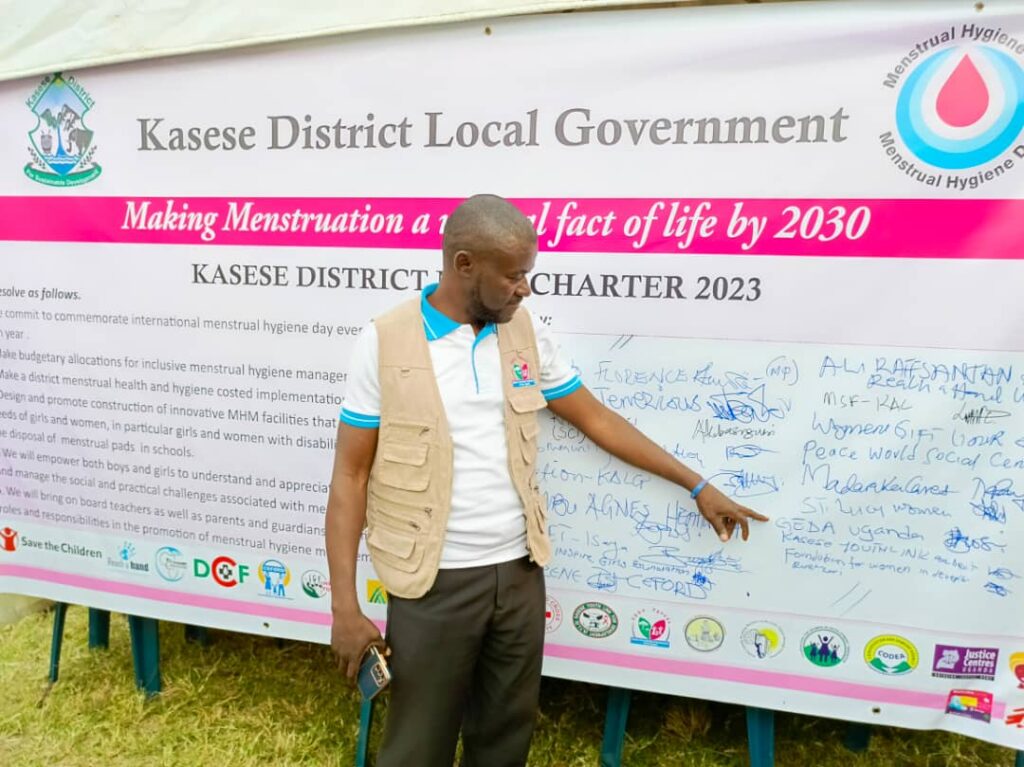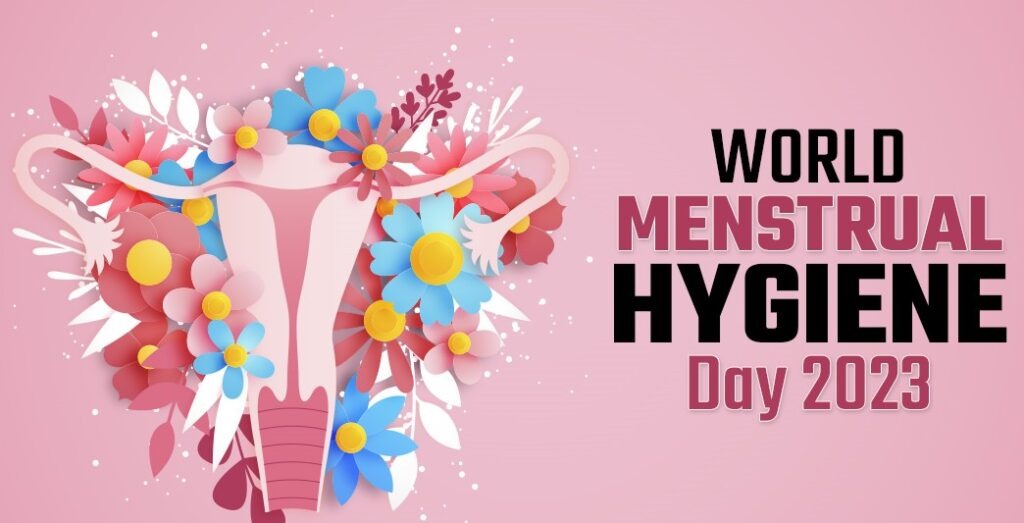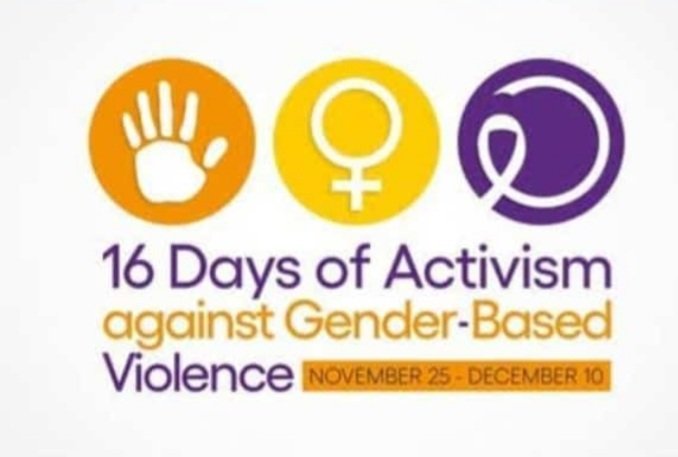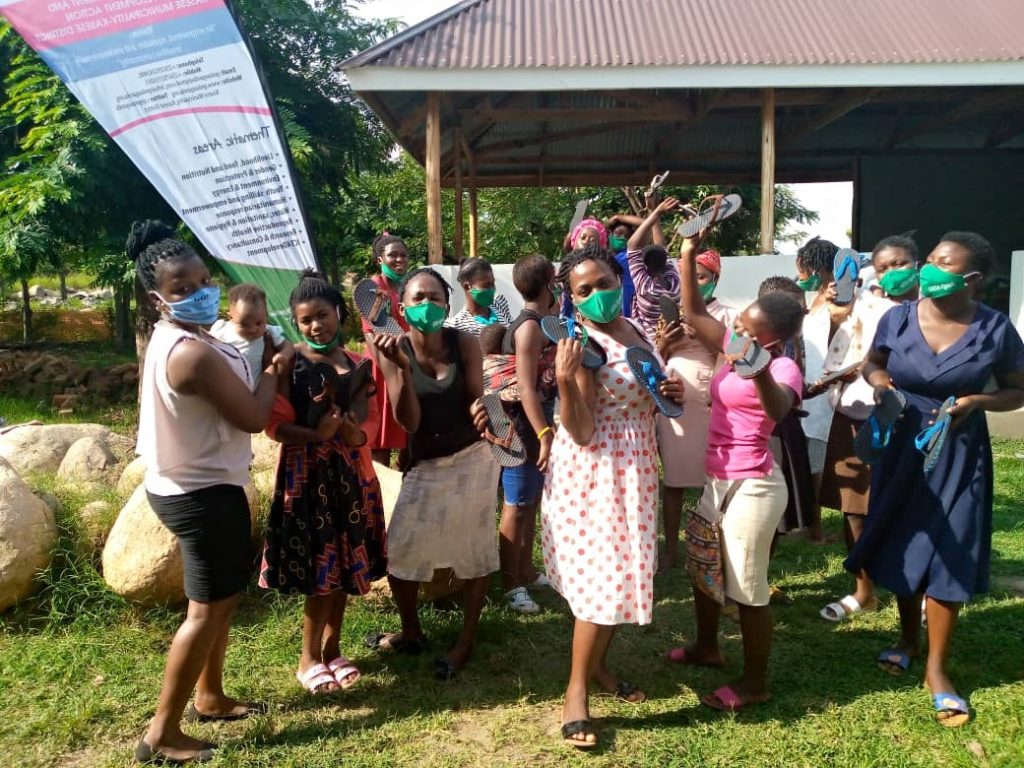From the “Better Nutrition for Children Under 5 Born to Teenage Mothers” Project, Supported by the Foundation for Community Development and Empowerment (FCDE)
In the quiet village of Nyangorongo, where challenges once seemed endless, change has taken root, with steady stitches, healthy meals, and hopeful smiles.
Meet Nyakato Marion, a young mother who once felt alone and uncertain about her future. After joining the FCDE-supported project, everything began to shift. She received training in tailoring, not just how to thread a needle, but how to stitch together confidence, purpose, and a livelihood. With courage and determination, Marion rented a small room, set up her sewing machine, and opened her own tailoring business. Today, she earns between UGX 50,000 and 100,000 weekly, enough to feed her child, and cater for a few other basic necessities, and even save a little. “Before, I didn’t know where my next meal would come from,” she says. “Now, I look at my child and know I can give her more than I had.”



But the project didn’t stop at skills training. Marion and others also learned about MIYCAN — Maternal, Infant, Young Child, and Adolescent Nutrition and how to use tools like the MUAC (Mid-Upper Arm Circumference) tape to check if their children are growing well. They were given iron-rich beans and orange-fleshed sweet potatoes to plant, crops that do more than fill the stomach; they nourish the brain, strengthen the body, and protect little ones from illness.
Then there’s Musoki Fortunate, also a young mum, with a bright-eyed 3-year-old. Like Marion, Musoki joined the project, unsure of how she would provide for her child. Through tailoring training, she found her footing and now earns about UGX 20,000 a week working from home. It may not sound like much, but for Musoki, it means rice on the table, soap for bathing, medicine when needed, and the quiet pride of saying, “I did this for my child.”


And it’s not just tailoring. Some young women chose hairdressing, learning to braid, twist, and style with skill and care. Though they’re just starting, a few assignments here and there in their villages are adding up, coins turning into confidence, practice turning into profession.
This is more than a project.
It’s a lifeline.
It’s dignity restored.
It’s children thriving, not despite their beginnings, but because of the love, knowledge, and opportunity their mothers now hold in their hands.

